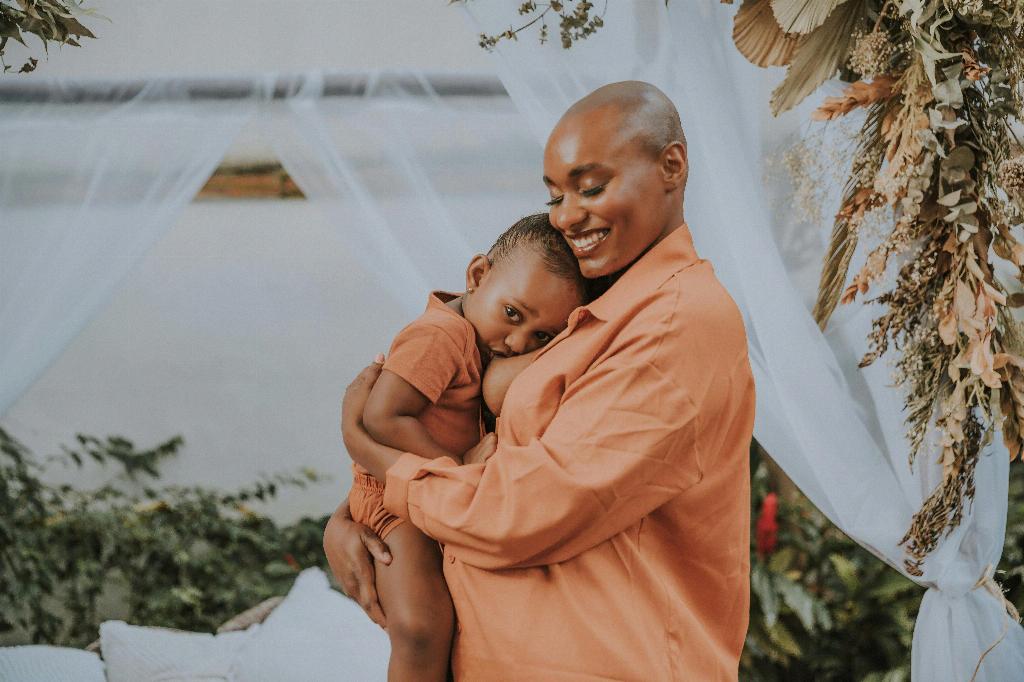When it comes to pregnancy, many women often wonder about the safety of consuming certain foods and beverages, including decaf coffee. Decaf coffee is a popular choice for those looking to reduce their caffeine intake while still enjoying the taste of coffee. However, the question remains: Can you drink decaf coffee while pregnant?
While there are no official guidelines specifically addressing decaf coffee consumption during pregnancy, most experts agree that moderate consumption is likely safe. Decaf coffee contains only trace amounts of caffeine, which is significantly less than regular coffee. As such, it is generally considered safe to enjoy decaf coffee in moderation during pregnancy.
Despite the low caffeine content in decaf coffee, some concerns have been raised about its potential impact on pregnancy. Some people claim that decaf coffee may be linked to an increased risk of miscarriage. However, there is currently no solid scientific evidence to support this claim.
It’s important to note that caffeine is known to cross the placenta and reach the fetus, potentially affecting its development. For this reason, healthcare providers often recommend limiting caffeine intake during pregnancy. Decaf coffee can be a suitable alternative for those who still want to enjoy the flavor of coffee without exposing themselves to high levels of caffeine.
While decaf coffee is generally considered safe during pregnancy, it’s important to be mindful of other factors that can impact your health and the health of your baby. A balanced diet, regular exercise, and adequate hydration are essential components of a healthy pregnancy. It’s always a good idea to consult with your healthcare provider to address any concerns or questions you may have.
Some studies have suggested that high caffeine intake during pregnancy may be associated with adverse outcomes such as low birth weight and preterm birth. Decaf coffee can be a way to enjoy the taste of coffee while reducing the potential risks associated with caffeine consumption. However, moderation is key, as excessive consumption of any substance can have negative consequences.
Individual responses to caffeine can vary, so it’s important to listen to your body and pay attention to how you feel after consuming decaf coffee or any other caffeinated beverages. If you experience any discomfort or unusual symptoms, it may be a good idea to reduce your consumption or avoid decaf coffee altogether.
It’s worth mentioning that not all decaf coffee is created equal. Some decaffeination processes may involve the use of chemicals, which could potentially pose risks if consumed in large quantities. Opting for naturally decaffeinated coffee or choosing brands that use a safer decaffeination method can help reduce any potential risks.
Ultimately, the decision to drink decaf coffee during pregnancy is a personal one. If you enjoy the taste of decaf coffee and find it to be a comforting part of your routine, it is likely safe to continue enjoying it in moderation. However, if you have any concerns or underlying health conditions, it’s best to seek guidance from your healthcare provider.
In conclusion, while there is no definitive answer to whether you can drink decaf coffee while pregnant, the general consensus is that moderate consumption is unlikely to pose significant risks. As with any dietary choice during pregnancy, it’s important to make informed decisions based on your individual circumstances and consult with your healthcare provider for personalized advice.
Remember, pregnancy is a unique and special time in your life, and taking care of yourself and your baby is paramount. Enjoying a cup of decaf coffee now and then can be a comforting ritual, but always prioritize your overall health and well-being throughout your pregnancy journey.

